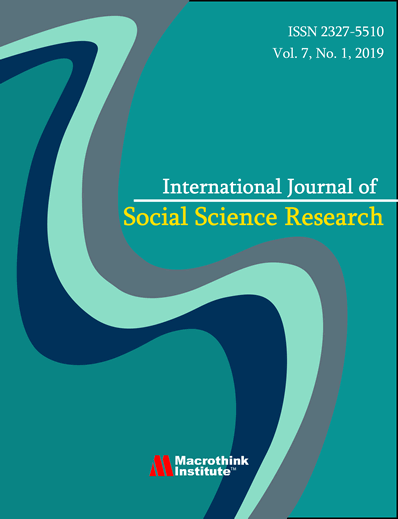A Phenomenological Exploration on Three Skill Area for Employment: Industry Practitioners’ Insights
DOI:
https://doi.org/10.5296/ijssr.v12i1.21427Abstract
Career readiness among graduates has become an intense focus for higher learning institutions. With the increasing reliance on technology, digital literacy cannot be the only skill that matters in the workplace. Employers and industry leaders became more vocal in highlighting the inability of graduates to confront the skill mismatch and imbalance between the university and fundamental work skills. Along with declining labour markets and the devaluation of degree qualifications as among the impacts of the COVID-19 slump and digitalization, universities are pressured to enhance their graduates’ employability. The study aims to explore the debatable work skills through the lived experiences of industry practitioners. The exploration provides a possible framework for work-demand-driven education. A descriptive phenomenological research design was employed to gain an in-depth understanding of the practical skills at work as demanded by the practitioners. A two-tiered method of interviews was employed to establish the context, relay specific details of the participants’ experiences, and contemplate the meaning of their experiences. Results show that a mainstream discourse describes human skills (communication), technical skills, and conceptual skills that help employees thrive in their careers in the brittle, anxious, nonlinear, and incomprehensible (BANI-world) new age of work. Finally, a suggested framework to promote future work skills-related learning is provided for higher staff and learners of higher education.

